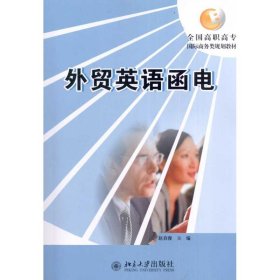
外贸英语函电
正版新书 新华官方库房直发 可开电子发票
¥ 20.72 7.4折 ¥ 28 全新
库存3件
作者赵春漫主编
出版社北京大学出版社
ISBN9787301180167
出版时间2011-02
版次1
装帧平装
开本16开
纸张胶版纸
页数221页
字数336千字
定价28元
货号SC:9787301180167
上书时间2024-11-21
- 在售商品 暂无
- 平均发货时间 11小时
- 好评率 暂无
- 最新上架
商品详情
- 品相描述:全新
- 全新正版 提供发票
- 商品描述
-
内容简介:
《外贸英语函电》共分11章,第1章简要介绍外贸信函的基本要素、格式和写作原则。第2~10章讲授外贸进出口流程的主要环节:建立业务关系、询盘与回复、报盘与还盘、达成交易、支付、包装、装运、保险、投诉与索赔等,侧重于对该外贸环节中最常用的几类信函的介绍。每章分为若干个针对该外贸环节的具体写作任务,包括概述、写作技巧、信函实例、有用的表达和典型句型、实训项目、选择性的学习材料和课后习题。第11章简要介绍传真和电子邮件的基本要素和写作要点。《外贸英语函电》适用于高等职业技术学院、继续教育学院等大专层次的国际贸易、商务英语、国际商务等相关专业的教学及外贸行业的培训,也可供从事国际交流和对外贸易的从业人员自学或参考。
摘要:
Conciseness is often considered to be the most important writing principle. A concise letteris not necessarily a short one. Conciseness means stating things in the fewest possible words. Toachieve this, try to avoid wordiness or redundancy. Clearness and conciseness often go hand-in-hand and the elimination of wordy business jargon can help to make a letter clearer and at thesame time more concise. Generally speaking, you will gain clearness and conciseness by writingshort sentences rather than long ones.
5. Courtesythoughtful.
You need to prepare every message with the readers in mind and try to put yourself into their places. Promptness is one of the most important things in being courteous. Punctualitywill please your customer who dislikes waiting a long time for a reply.
6. Consideration
Consideration means you should be considerate to your readers. It is the quality that enablesus to refuse a customer's request without killing all hopes of future business. Generally, thenative English writers lay great emphasis on the "you" attitude. "You-attitude" is not so simpleas only to use "you" instead of 'T' or "we". In your letters you should always keep in mind thepersons you are writing to, try to see things from their points of view, see their
...
目录:
Chapter 1 Basic Knowledge and Layout of a Business Letter
Chapter 2 Establishing Business Relations
Task 1 Establishment of Business Relations
Task 2 Credit & Status Enquiries
Chapter 3 Enquiry and Reply
Task 1 Making an Enquiry
Task 2 Reply to an Enquiry
Chapter4 Offer and Counter-offer
Task 1 Making an Offer
Task 2 Making a Counter-offer
Chapter 5 Conclusion of Business
Task 1 Placing an Order
Task 2 Accepting an Order
Task 3 Declining an Order
Chapter 6 Terms of Payment
Task 1 Negotiating Payment Terms
Task 2 Urging & Advising Establishment of an L/C
Task 3 Requesting to Amend an L/C
Chapter 7 Packing
Task 1 Informing Packing Requirements
Task 2 Reply to Packin
...
相关推荐
— 没有更多了 —

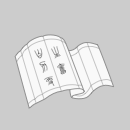





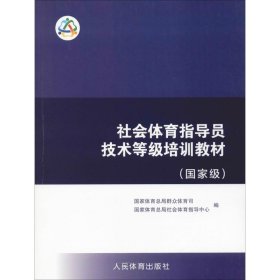




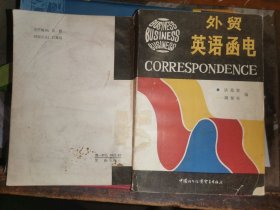








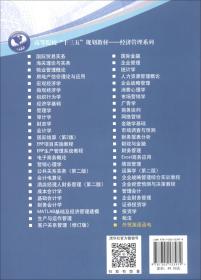
以下为对购买帮助不大的评价